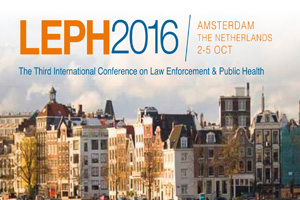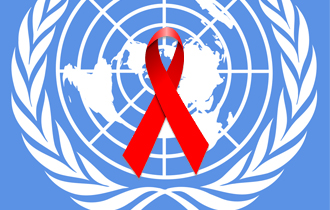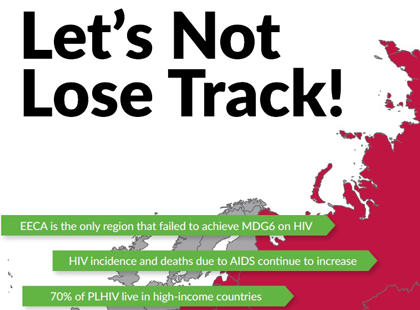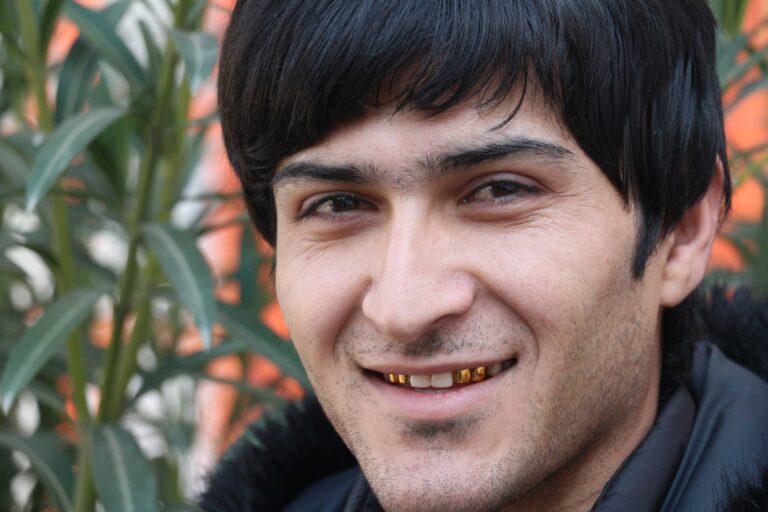
AFEW Takes Part in 21st International AIDS Conference ‘ACCESS EQUITY RIGHTS NOW’
We would like to share the results of our work in Eastern Europe and Central Asia and also invite them to come to the next conference in Amsterdam. AFEW is asked to engage EECA in the AIDS 2018 conference, and for us it is very important that many people from the region will be present to show their key activities there.









